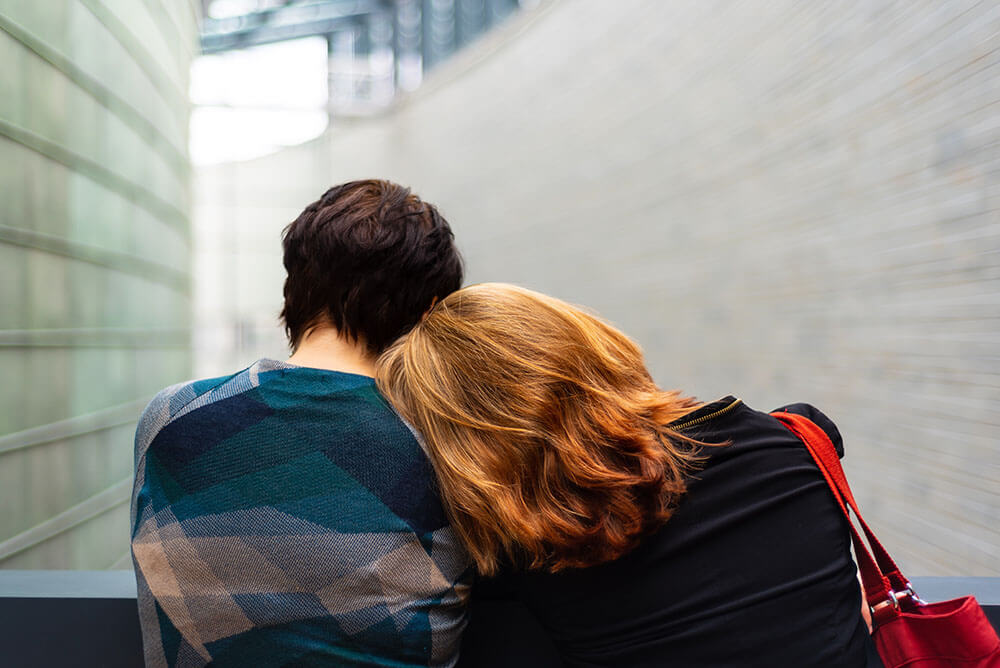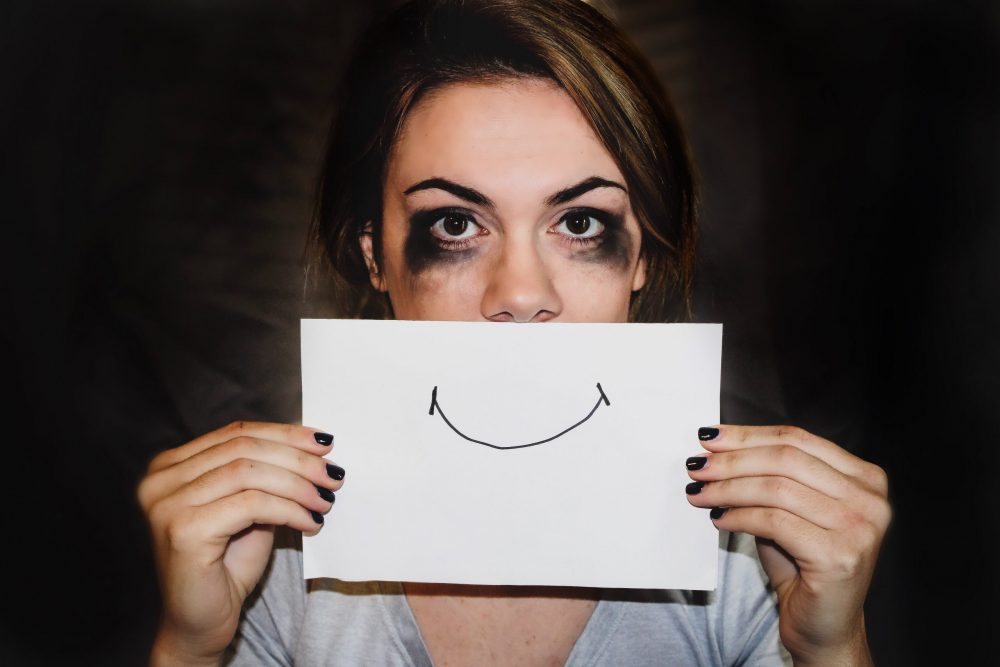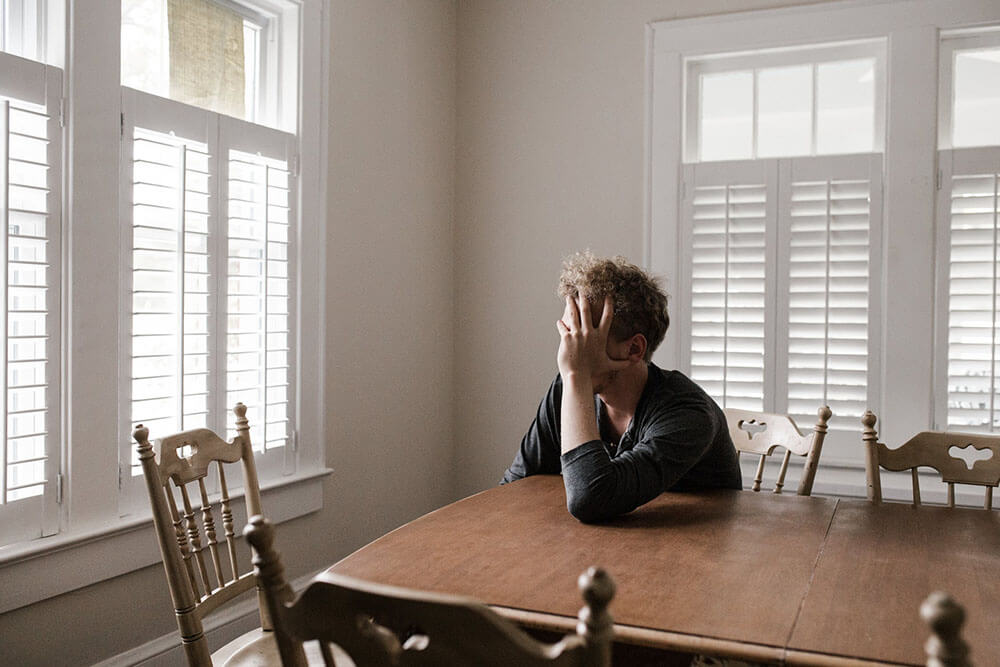Mental health and physical health are inextricably linked. You can’t talk about one without mentioning the other and vice versa. And the problematic part is that many US adults suffer from some form of mental health problems. According to an article published on the NCBI website, 1 in 5 US adults suffers from mental health issues.
The numbers increase even higher in some parts of the USA. For instance, a Kaiser Family Foundation report shows that between February 1 to 13, 2023, around 36.8% of Texan adults said they faced mental health symptoms, which is higher than the national average of 32.3%.
Understanding how mental health affects physical well-being can help you identify areas of imbalance and take action to improve both aspects of wellness.
How Stress Affects Your Body
Stress can affect your body in more ways than one. To begin with, it can lead to symptoms like headaches, upset stomach, and chest pain. Moreover, it can also affect your sleep cycle and sex life. Constant stress can even further deteriorate your physical health.

Photo by Külli Kittus on Unsplash
Stress can also cause mental symptoms such as sadness and trouble concentrating. These symptoms are called “emotional distress” or “distress” for short, and they can lead to serious health problems over time if you don’t take care of yourself by learning how to manage your emotions better.
Stress can also widely affect many people. The recent pandemic was an example of such widespread stress. In some surveys, at least 65% of Americans have said they suffer from stress due to the nation’s current uncertainties. This was also true for frontline workers, especially in Louisiana and Texas.
Per a report by WalletHub, Louisiana was ranked #1 for stress. Texas, on the other hand, was ranked #9. However, Texas ranked #2 in work-related and #4 in family-related stress.

The Exercise Effect: Can Exercise Help Treat Depression?
It’s believed that one in six people (16%) will experience a depressive episode at least once in their lifetime. Science shows us that not only is physical activity useful for improving the health of our bodies, but the health of our minds and general well-being.
How Depression Affects Your Body
Depression can cause weight gain, fatigue, and a loss of interest in activities that used to be enjoyable. Depression can also cause pain, headaches, and digestive problems. Depression doesn’t just affect how you feel. It also affects how your body functions. In fact, depression has been linked to changes in the brain similar to those caused by chronic physical illnesses such as heart disease or diabetes.
For example:
- The immune system becomes weaker when someone has depression. It’s difficult for the body to fight off infections when feeling blue.
- Studies have shown that people who experience severe depression have higher levels of inflammatory markers, such as C-Reactive Protein (CRP), associated with an increased risk for heart disease. These levels drop after treatment with antidepressants. The normal level of CRP is < 1.0 mg/dL or < 10.0 mg/L.
If you are feeling any symptoms of mental illness, seeking professional help from a local therapist is vital before it starts affecting your physical health. Working with a local therapist is best to ensure the therapist is easily accessible, even for a face-to-face consultation.
So if you live in a state with a high stress or depression rate like Texas, look for a local therapist. You can get help from an online directory when selecting a Texas therapist. Many online directories list top therapists in a particular location to eliminate the guesswork for you. One such platform is Zencare. You can use websites of companies like Zencare to filter therapists based on location, insurance, and other details.

The company also has a dedicated page for each Texas therapist so that you can get further information about someone you are willing to work with. This allows you to take your time, compare different therapists, and find the right one for your requirements.

Why Do You Feel So Unmotivated? Renew Your Motivation Now
Motivation is a transformative tool that allows us to get so much accomplished in life. Here are the common causes we may be lacking motivation.
How Anxiety Affects Your Body
When you’re feeling anxious, it can be hard to think about anything else. You might find yourself experiencing physical symptoms like muscle tension, headaches, shortness of breath, or even nausea and fatigue. Anxiety can also cause insomnia and pain.
And suppose you have an anxiety disorder such as panic disorder or generalized anxiety disorder (GAD). In that case, your body may react differently to each trigger. For the unversed, women are twice as likely to be affected by GAD than men, according to the Anxiety & Depression Association of America.
In addition to these common reactions from having an anxiety condition, there are some less well-known ways that anxiety affects your body, too, such as:
- Digestive problems such as irritable bowel syndrome (IBS)
- Sleeping problems such as insomnia
- Chronic pain conditions such as fibromyalgia or migraines
The Importance of Addressing Mental Health for Physical Well-being
Mental health is crucial to physical well-being and can impact your physical health in many ways. For example, research shows that depression can increase the risk of heart attack by more than 40%.
The mind-body connection is strong. When you’re feeling stressed out or depressed, certain parts of your body might react negatively as well. The stress hormone cortisol may be released from the adrenal glands in response to an emotional event, which can lead to chronic inflammation throughout the body over time.
This type of inflammation has been linked to several serious illnesses, such as heart disease and cancer.
Take Help From Therapists
Therapists are trained to help you. You must seek their help when needed. They know that everyone has problems and issues, but they can also help you find solutions for these problems and issues. They can help you work through them in a safe environment where it’s okay to be vulnerable and open up about what’s happening inside you.
Therapists can also help people understand themselves better, which many people struggle with throughout their lives, especially during the teenage years when so many changes are taking place both physically and mentally.
That’s why it is vital to work with therapists to fight your mental health problems. This is especially true in US States with high mental health problems, like Louisiana and Texas.
Meditate or Exercise
Meditation has been shown to reduce stress levels, improve memory and concentration, lower blood pressure, reduce anxiety and depression symptoms and even increase life expectancy. The practice involves sitting still in silence while focusing on a specific word or phrase while letting go of any other thoughts or feelings that arise during the process.

TRX Workouts – How To Strengthen The Whole Body in 30 Minutes
Is it possible to work all the muscles in your body in 30 minutes? Try a training plan, which will help you strengthen your whole body. And moreover, you will enjoy it.
Exercise helps with depression and anxiety symptoms too. It may sound counterintuitive because you’re probably thinking about how exercise makes you feel tired after working out. However, studies have shown that regular physical activity can improve mood by releasing endorphins.
Conclusion
We hope this article has helped you understand the mind-body connection and how it affects physical health. It’s important to remember that everyone is different, so there is no one-size-fits-all approach to mental health care.












